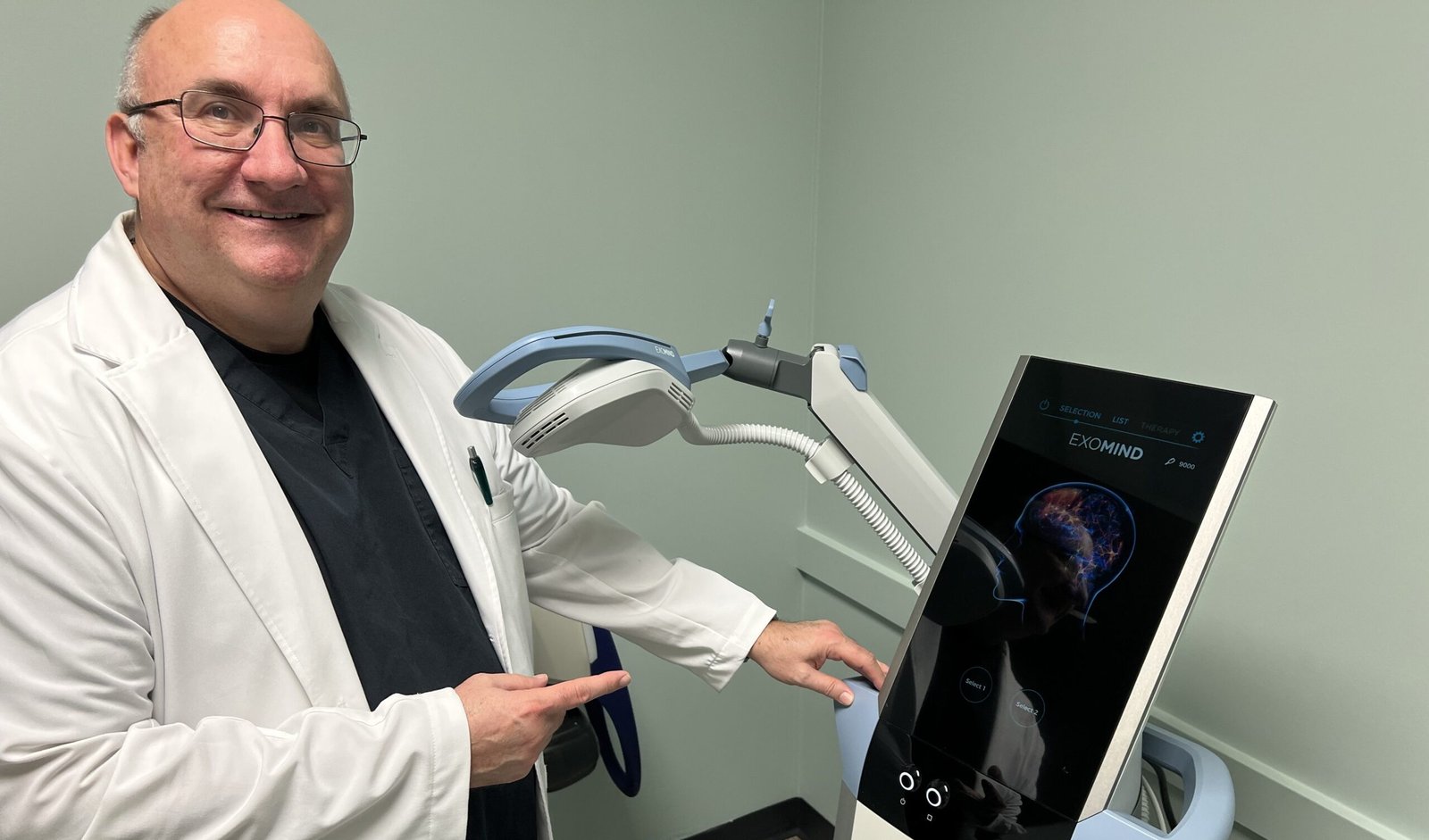Dr. Barton Goldsmith highlights alarming findings that loneliness and depression may be more harmful than smoking, obesity, or other health risks. Recent studies indicate that these two factors contribute to higher mortality rates, emphasizing the need for awareness and action in mental health.
In the United States, over 40 million individuals are diagnosed with depression. The prevalence of loneliness is harder to quantify, but its impact on mental health is undeniable. Both conditions can exacerbate one another, creating a cycle that can lead to severe health issues.
To combat these feelings, individuals should first acknowledge their emotions. Many people resist admitting they are struggling, which can lead to worsening physical health. Symptoms of depression often hinder a person’s ability to maintain a healthy lifestyle, including regular exercise and a balanced diet.
A proper diagnosis is vital for effective treatment. Whether depression stems from biochemical imbalances or situational factors like grief, understanding the underlying causes is crucial. Healthcare professionals, including doctors and therapists, should collaborate to develop a personalized treatment plan. This may involve therapy, lifestyle modifications, or medication.
Despite concerns about antidepressants, it’s important to recognize that not all individuals respond to medication. Combining therapeutic approaches—such as lifestyle changes, counseling, and personal reflection—can lead to improved outcomes. For some, supplements like fish oil may help, while others may require prescription medications. The key is to get a second opinion if necessary and find a treatment that works.
During challenging times, trust in healthcare providers is essential. If a patient feels discomfort with their treatment or has adverse reactions to medication, they should communicate this immediately. Mental health treatment can often feel like a trial-and-error process, but it is important to persist in finding the right solution.
Isolation can exacerbate feelings of depression and loneliness. Maintaining social connections can provide crucial support during difficult periods. Individuals should reflect on happier times in their lives and assess the differences in their current situation. Recognizing changes can help identify necessary steps toward recovery.
Ultimately, addressing loneliness and depression requires proactive measures. Whether through therapy, community support, or personal development, taking the initiative can lead to significant improvements in mental health. Understanding that these feelings are common and seeking help can pave the way for a healthier, more fulfilling life.



